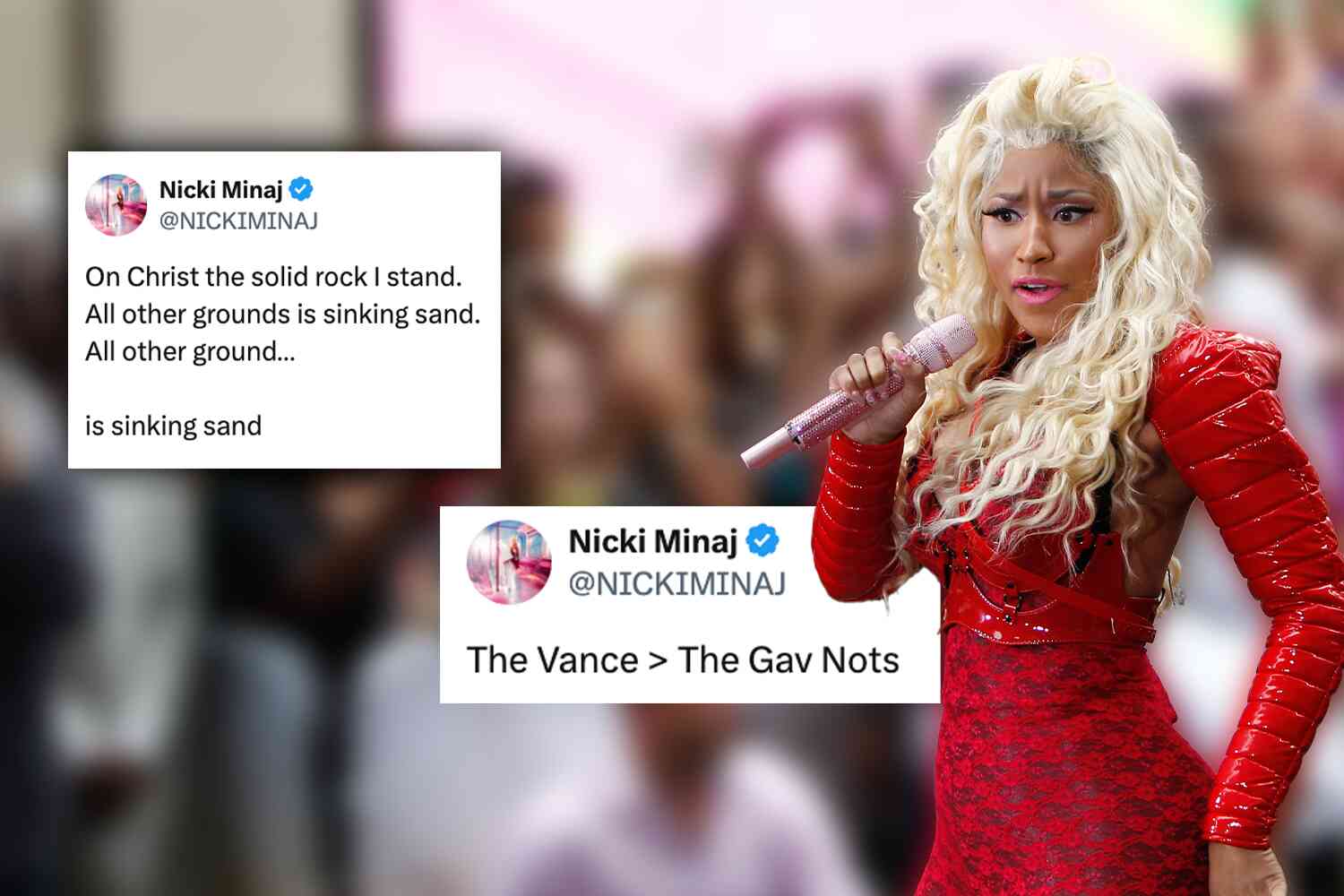Supply chain issues are getting desperate enough that schools around the U.S. are struggling to maintain their normal breakfast and lunch services.
At the Appleton Area School District, students and families can continue to count on Chartwells, our food service provider, for great-tasting meals kids love to eat every day, but as you may have already seen, there will likely be more frequent menu changes based on product substitutions from our suppliers.
Alexander City Schools is asking parents to give their children breakfast or send them to school with a snack as its cafeteria food vendor has been unable to make its deliveries in the past few weeks. As of last school year, over 60% of Alex City Schools students were eligible for free or reduced breakfast and lunch.
The school district made the request after warning parents they may be short on breakfast food in the coming weeks, due to the vendor, Southern Foodservice, being "short on supplies, drivers and even warehouse employees," according to a Facebook post Saturday.
Janice Watt, food service director for Foxboro schools, said it's been chaotic.
"Since school started, I have spent a lot of time looking for food and supplies from a number of sources," she said in an email. "A few times a week, I personally make trips to either BJ's or Restaurant Depot to fill the gaps, or look to smaller distributors to help fill the need."
It's not an easy task filling the pantry, she said.
"Our main distributors are out of stock on many things, sometimes without reasonable substitutes," Watt said. "Plus, the regular scheduled delivery days are often pushed off one to two days because they don't have drivers or warehouse selectors."
Multiple Allegheny County school districts are reporting food shortages in cafeterias due to issues in the supply chain.
"Basically, the food manufacturing and distribution industry is experiencing staffing and labor shortages, and rising costs of materials and transportation," said Curtistine Walker, director of food services for Pittsburgh Public Schools.
"The supply chain is impacting school menus, resulting in a decrease in variety or repeated and unpredictable last minute menu adjustments," she told the school board last week.
This is all horrible.
What do you think could be causing these disruptions?
Who do you think might be responsible?
I have some thoughts on that, but I'll let this article published Thursday by National Review do most of the talking:
You can always tell when Biden's White House aides panic over the president's sliding approval numbers. They send him out to bully people.
Last month, he ordered private employers to mandate vaccinations for their employees. This week, new inflation numbers prompted Biden to call out companies involved in the global supply-chain bottleneck.
"If the private sector doesn't step up, we're going to call them out and ask them to act," Biden told reporters.
There's a problem with that.
Simply proclaiming, "I am the Emperor, do my bidding!" doesn't help in a situation like this.
One has to consider the myriad of factors that led to this mess of a moment. Things like pointless lockdowns, bureaucratic red tape, a lack of staffing at ports caused by incentives to stay home and collect welfare, the "sick outs" of workers around the world protesting vax mandates, and energy blackouts caused by governments switching off their natural gas and nuclear reactors in favor of sunshine and rainbow power.
In addition to our reliance on communist China's ports, the inflation costs on transport containers, and the hesitance of companies to ramp up production until they see where the "demand shocks" related to Covid settle, economist Tyler Cowan of George Mason University lists a few other reasons for this supply chain problem:
Many parts of the world are facing labor shortages, as people are not sure how to reconfigure their post-Covid work futures, or in some cases government benefits may be keeping them from working. That adds further delays to trade networks.
And more:
Then there are the world's energy problems, which have deeper roots. Many countries have sought to move to greener energy supplies, but without first having sufficient alternatives in place. Japan and Germany decided to abandon their previous nuclear power commitments, and more recently China has seen power shortages...
In the U.K., natural gas prices have surged 700% over the last year, while Europe faces the risk of not having enough energy supplies for the coming winter.
Of course, the ones who are pushing for welfare states, fear mongering about Covid to the extreme, and trying to cut clean, reliable energy for the sake of the Amazon (or some other nonsense) are leftist leaders embodied by the old, frail man that is Joe Biden and unqualified diversity hires such as Sec. of Transportation Pete Buttigieg.
Now, when he's not ignoring press questions on the topic, Biden is just yelling at the problem that politicians like him made, and it's only making things even worse.
The National Review concludes:
Biden could do things that stop making the supply-chain problem worse. But instead, he's playing King Canute and cracking the whip on the private sector to, damn it, fix the entire problem. All this just proves how little Biden understands his job or comprehends economics.
The tale of King Canute of England and Denmark is that of a king sitting on his throne at the beach, yelling like a madman at the tide and ordering it to move no further.
Wait... I think I've seen that one recently!
Let's hope that despite the best efforts of our "elites," this gets better instead of getting worse.
P.S. Now check out our latest video 👇









